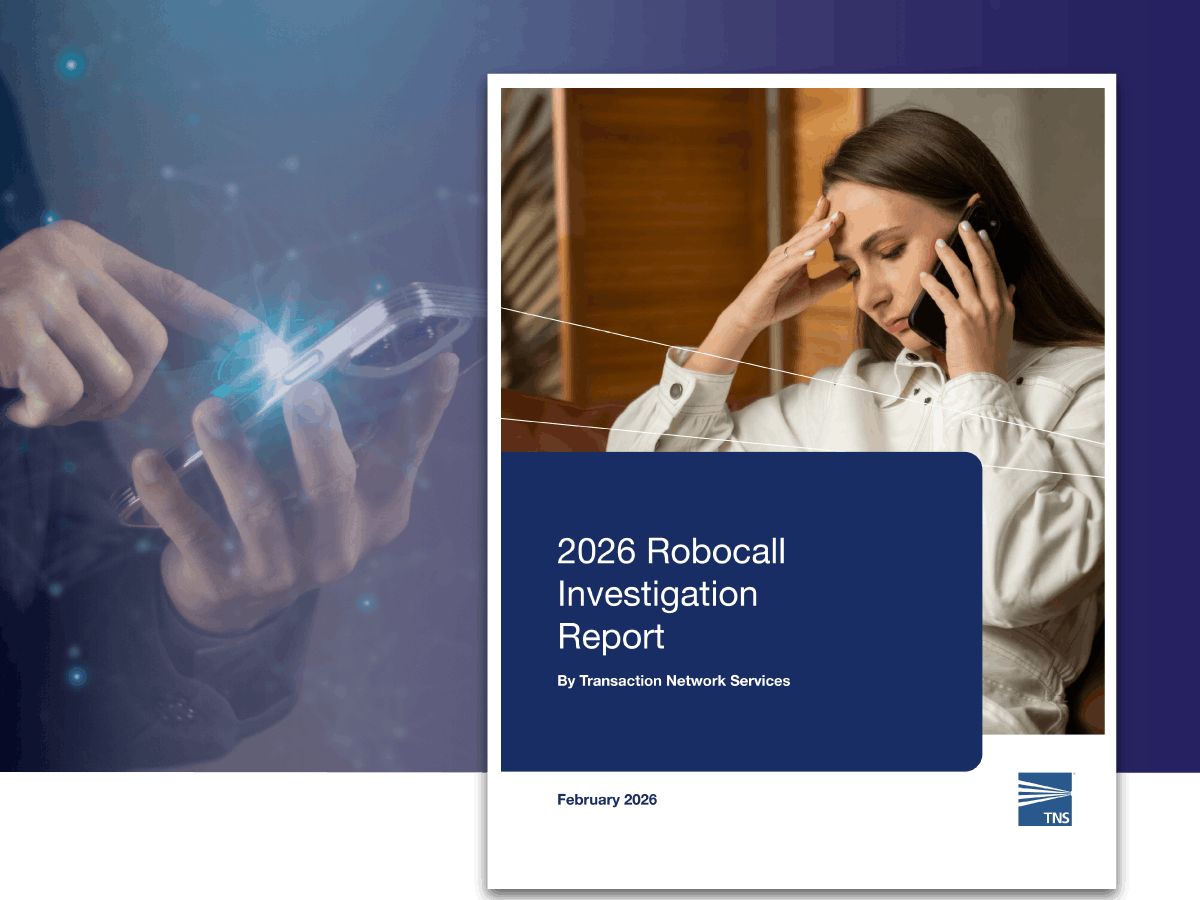Scams using tactics around healthcare continue to be one of the highest reported scam categories and this doesn’t just happen during Medicare’s open enrollment. TNS’ Robocall Protection team will be sharing information to help protect consumers from Medicare scams as they evolve throughout 2025.
4 Trending Medicare Scams
Targeting the Elderly with New Medicare Scams
A common Medicare scam is where an attempt is made to defraud Medicare by stealing a person’s healthcare information or making false Medicare claims. This scam is typically targeted towards the elderly and while it has been around for a while, Medicare scammers are updating their tactics constantly. The caller may claim to be from the Medicare ‘enrollment center’ or to be a Medicare ‘advisor’. Often, they will falsely claim to be conducting a survey where they ask about your coverage and will ask for personal information at the end.
New Medicare Card Scams
A new Medicare card scam going on now is where the scammer calls to say your Medicare card is expired or you need an updated one with a chip. They will use this reason to ask for your personal information so they can ‘update’ the card and mail you a new one, however, Medicare does not offer these types of cards.
Fake Medicare Rebates and Refunds
Another Medicare scam involves scammers claiming to be able to offer rebates, refunds or cheaper plans. Medicare is free for most recipients, but some have extras with a monthly premium. The Medicare scammer may offer a better deal, but it is just a scheme to get your credit card or bank information. They may also offer a rebate or refund which do exist, but you should hear about these directly from Medicare, not from a cold caller. Unfortunately, this is an attempt to gain access to your money.
Free Medical Supplies Come at a Cost
A free product or testing trial may seem like a good proposition, but this is used as a common scheme by fraudsters to get your Medicare information. Medicare scammers often use cold calls, and the caller may claim they are from a company that will give you free medical supplies in exchange for your Medicare information. Genetic testing is often used in this Medicare scam. The victim will often not get their free supplies or testing and more worryingly their Medicare can be canceled if it is taken and used by someone else. Sometimes the scammer will send the supplies, but they will be very low quality.
It can also prevent Medicare from covering you for similar supplies when you need them, because they will think you have already ordered them. Fraudsters have been known to use text for this scam, so be alert for texts messages in addition to Medicare phone scams.
How to Protect Against Medicare Scams
The best way to prevent falling victim to Medicare scams is to educate yourself and loved ones. It is best practice to never engage with unknown numbers and report phone numbers being used by Medicare scammers to your carrier.
How to Report Medicare Scams
- The US Government has a US Health and Human Services fraud hotline (800-447-8477), which can be used if you think you have been defrauded.
- If you believe you are the victim of a Medicare scam, you can report it to your local police, state attorney’s general office and the FTC.
How to Block Medicare Scam Calls
Call-blocking apps, including those powered by TNS Call Guardian®, are also a great resource for reporting and blocking unwanted Medicare robocalls.
John Haraburda is Product Lead for TNS Call Guardian® with specific responsibility for TNS’ Communications Market solutions.
Call Guardian is a registered trademark of Transaction Network Services, Inc.

Scam of the Month
Stay vigilant, share information about scams with others and check out our Scam of the Month page updates.





